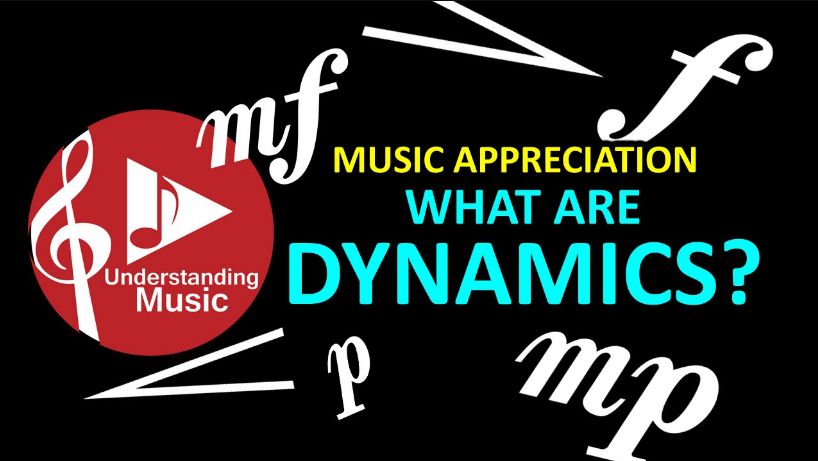Why Gen Z Cares Not About Music
Great comments:
It’s not the games but the crappy SQ on the games. What destroys the love and appreciation and value of art is the cheapening of it, the commoditization of it. Why learn to play music when you can have David Bowie, Yoyo Ma, Beethoven and millions of others right in your pocket, right in your ears… I personally know several persons who have masters in musicology who do not own and have never heard quality vinyl on great turntable through vacuum tube audio equipment and fidelious speakers.
MIXING FOR “GOOD SOUND” IN CARS WAS MOST RESPONSIBLE FOR MASTERING COMPRESSION THAT NOW LEAVES MOST MUSIC SCREAMING IN “ALL-CAPS” WITH DYNAMIC RANGE OF MAYBE, MAYBE 4DB. THE SILENCE IS MADE AS LOUD AS THE SCREAMING. SAME AS “FISTING SEX” WITHOUT FOREPLAY BUILD-UP TEASE INTERPLAY, IT’S JUST SLAM SLAM SLAM SLAM ALL THE TIME. WHAT FEELING-LESS BEAST CAN SUSTAIN LET ALONE ENJOY THAT? Meanwhile, the ever grinding “tech advance” towards smaller digital files, less “noticeable” compressions and other slights, and increasing convenience erode the sound quality. It’s allllll about the sound quality, or must be, because when that is not so, the wrong aspects are given undue focus.
Generation Z, which generally refers to individuals born between the mid-1990s and early 2010s, is characterized by its digital-native upbringing, diverse cultural influences, and access to a wide range of musical content through online platforms and streaming services. Here are some key points to consider:
- Diversity of Musical Preferences: Generation Z exhibits a wide range of musical tastes and preferences, spanning various genres, styles, and artists. While some members of this generation may gravitate towards mainstream pop, hip-hop, and electronic music, others may explore niche genres, indie artists, or international music scenes. The diversity of musical preferences within Generation Z reflects the diverse cultural landscape in which they are raised.
- Digital Consumption Habits: Generation Z’s consumption habits differ from previous generations due to their digital-native upbringing and access to streaming platforms like Spotify, Apple Music, and YouTube. These platforms offer unprecedented access to a vast catalog of music from around the world, allowing Generation Z to explore and discover new artists and genres with ease.
- Social Media Influence: Social media plays a significant role in shaping Generation Z’s musical experiences, with platforms like TikTok and Instagram influencing trends, memes, and viral music challenges. These platforms serve as virtual communities where Generation Z can discover, share, and engage with music in new and creative ways.
- DIY Culture and Independent Artists: Generation Z’s affinity for DIY culture and independent artists has contributed to the rise of grassroots music scenes, DIY venues, and online communities dedicated to supporting emerging talent. Many members of Generation Z actively seek out and support independent artists and DIY initiatives, fostering a vibrant and diverse musical ecosystem.
- Critique of Mainstream Culture: While Generation Z may engage with mainstream music and popular culture, they are also critical consumers who value authenticity, diversity, and social consciousness in music and art. They are not passive consumers of media but active participants who use their platforms and voices to advocate for social justice, representation, and inclusivity in the music industry.
